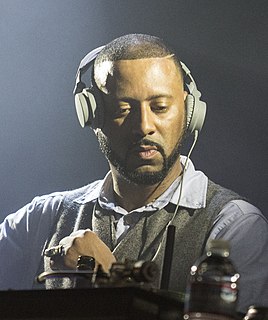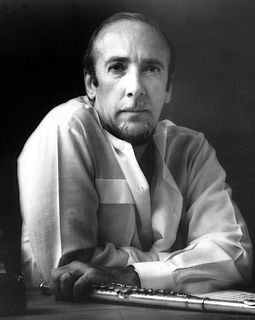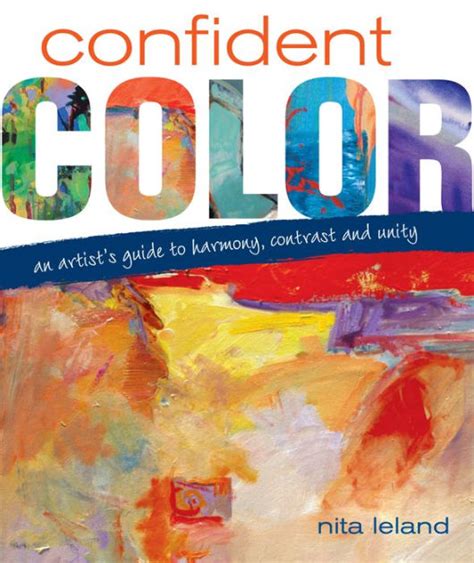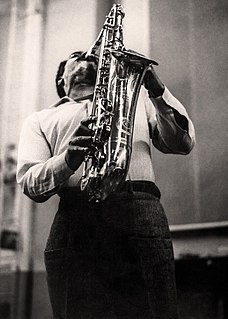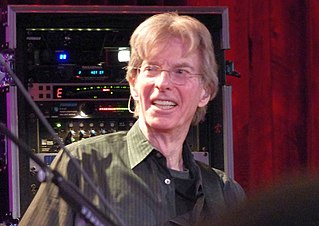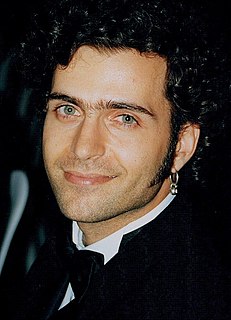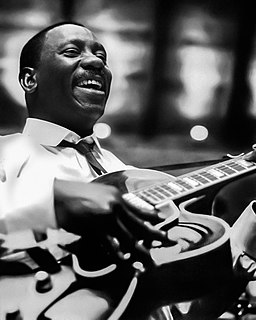A Quote by Madlib
Dilla was a John Coltrane-type dude. He was always on a higher level. He inspired my music to become looser and more soulful.
Related Quotes
John [Coltrane] was like a visitor to this planet. He came in peace and he left in peace; but during his time here, he kept trying to reach new levels of awareness, of peace, of spirituality. That's why I regard the music he played as spiritual music -- John's way of getting closer and closer to the Creator.
... We borrowed it all from Coltrane. I started encouraging everybody in the band to listen to John Coltrane - 'Check it out, see what these guys do.' They take one chord, the tonic chord, and just play all over it. 'We can do that too!' I wanted to make our music something really amazing - I wanted it to be jaw-dropping and turn on a dime and do all of those things that I knew music could do, and nobody told us we couldn't do it. I shouldn't say 'I,' though - Jerry Garcia was behind it the whole way.
Find a beautiful piece of art. If you fall in love with Van Gogh or Matisse or John Oliver Killens, or if you fall love with the music of Coltrane, the music of Aretha Franklin, or the music of Chopin - find some beautiful art and admire it, and realize that that was created by human beings just like you, no more human, no less.
I'm aware of Yusef Lateef and Sun Ra and John Coltrane. My music cup runneth over. I try to encourage people: don't cut anything off, don't limit yourself. Give it a good listen: you might find something in that goofy Sun Ra noise, that dissonance. Before I learned 'official musicality' - which you should avoid at all costs - I listened to some Sun Ra and Yusef Lateef and John Coltrane and that's where 'Journey to the Center of the Mind' came from. When you intentionally and aggressively pursue musical communication with those powerfully impactful musical geniuses, you will pick up something.
You know, John Coltrane has been sort of a god to me. Seems like, in a way, he didn't get the inspiration out of other musicians. He had it. When you hear a cat do a thing like that, you got to go along with him. I think I heard Coltrane before I really got close to Miles [Davis]. Miles had a tricky way of playing his horn that I didn't understand as much as I did Coltrane. I really didn't understand what Coltrane was doing, but it was so exciting the thing that he was doing.
